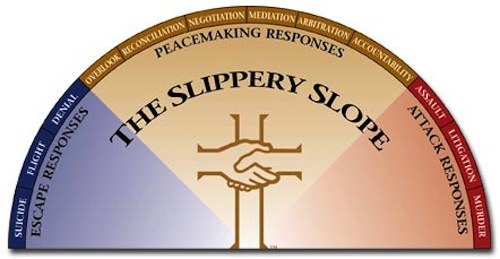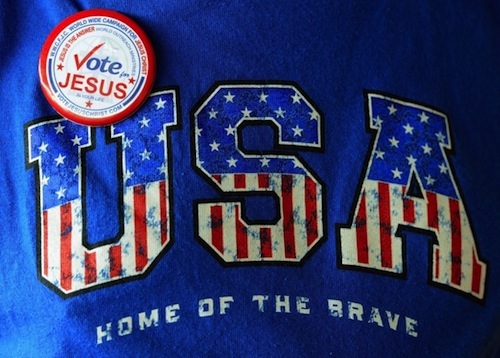Over at the Times, Thomas Friedman has invoked his own slippery slope to argue that if we don’t allow the NSA to log our calls and finger our metadata, another 9/11 might encourage us to cede our civil liberties even worse. It is a pretty convoluted slope—call it the slippery water slide. Friedman’s essential claim is that, while this recently-revealed infringement on our privacy is bad, it does not have so significant an impact on our civil liberties as the theoretical laws a frightened populace might accept in the aftermath of another theoretical 9/11. Then we’d really be in trouble.
Tag Archives: NSA
Most Americans support NSA phone tracking
Strangely, perhaps even depressingly, the big deal in last week’s revelation of massive domestic NSA surveillance is how not a big deal everyone thinks it is. According to a Washington Post/Pew poll, 56% of Americans consider secret court orders that allow the NSA to access millions of phone records “acceptable,” while only 42% consider it “unacceptable.” Forty-five percent say the government should be allowed even more leeway than it already has secretly gave itself, provided that power is used to fight terrorism. Even though half of Americans presumably do not regard themselves as terrorists, they believe their government should be able to arbitrarily investigate them, because terrorism. At the risk of pique, this is the same country that refused expanded background checks for gun purchases as an unconscionable infringement on the Second Amendment.
NSA whistleblower comes forward
At his request, The Guardian has reported the identity of Edward Snowden, the former NSA contractor who revealed last week that, among other surveillance activities, the US government keeps phone logs of millions of Verizon customers. It also logs customers of AT&T, Sprint and Nextel, and collects “metadata” from Google, Apple, Facebook, Yahoo, AOL and YouTube. As soon as a MetroPCS user successfully completes a call, the NSA will write that down, too. It’s kind of disturbing, but what is perhaps most disturbing is that, now that its secret domestic surveillance program has been revealed, the executive branch has no intention of shutting it down. In the context, Snowden’s decision to out himself is very interesting.
Friday links! Total information awareness edition
Who wouldn’t want to know everything? If we could make sure we knew absolutely everything, nothing unfair would ever happen to us again. We would know, for example, whether the federal government’s secret reason why it’s authorized to collect the phone records of every Verizon customer is an airtight legal argument or a drawing of Mayor McCheese having his way with the Hamburglar. If we knew who all the terrorists were and whom they called, and who all those people called, we would have a sort of terrorist social network. I call it Friendsterrorist. It’s a list of everyone who is bad, and once we have it we need only shut those people down and live forever, like Myspace. Today is Friday, and what you don’t know could fill a book you aren’t allowed to read. Won’t you speculate on the contents with me?




